简体中文
繁體中文
English
Pусский
日本語
ภาษาไทย
Tiếng Việt
Bahasa Indonesia
Español
हिन्दी
Filippiiniläinen
Français
Deutsch
Português
Türkçe
한국어
العربية
Understanding UAE’s Financial Market Regulation: SCA and DFSA
Abstract:Learn how the SCA and DFSA oversee financial services in the UAE, and explore official lists of licensed institutions for a secure and transparent market.
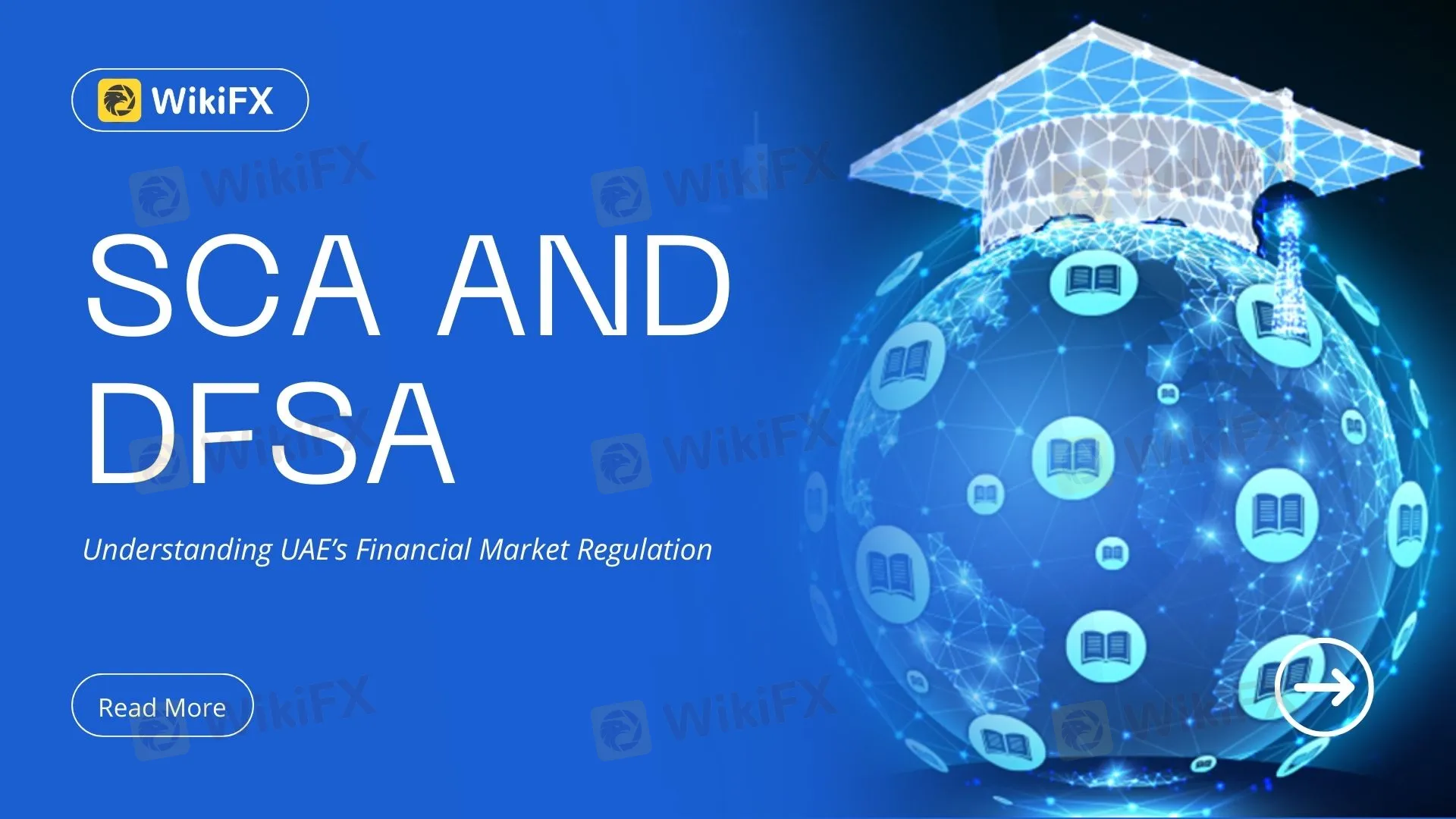
The United Arab Emirates has built a strong reputation for its advanced financial infrastructure and transparent regulatory environment. For anyone interested in trading within the UAE, knowing how the system works — and who is responsible for oversight — is an important step toward informed decision-making.
Why Regulation Matters
Regulation ensures that financial service providers operate according to established rules, meet capital and compliance requirements, and follow transparent practices. In the forex market, this oversight protects investors from dealing with unauthorised or non-compliant platforms, and provides a framework for resolving disputes.
The Two Main Regulatory Authorities
In the UAE, there are two primary regulators that oversee financial markets, including forex activities:
1.Securities and Commodities Authority (SCA)
The SCA is the federal regulator responsible for supervising the securities and commodities markets across the UAE, excluding certain free zones. It issues licenses to brokers, monitors their activities, and publishes public notices about unauthorised entities. This helps maintain market integrity and build investor confidence.
2.Dubai Financial Services Authority (DFSA)
The DFSA is the independent regulator for financial services conducted in or from the Dubai International Financial Centre (DIFC). It enforces strict operational, governance, and compliance standards for the firms it licenses, ensuring that only qualified and vetted entities can offer services within its jurisdiction.
Although their areas of authority are different, both SCA and DFSA share the same goal: to ensure that trading activity in the UAE is conducted in a secure, fair, and transparent way.
Verifying a Broker‘s Authorisation
Before opening an account or making any transactions, it’s essential to confirm whether a broker is licensed by the relevant authority. This step helps traders ensure they are dealing with a firm that operates under recognised standards and provides access to proper complaint channels.
Explore Licensed Broker Lists
For a complete overview of licensed brokers under each authority, you can explore detailed resources that not only explain the regulators role but also list the brokers holding valid licenses:
- SCA – UAE Securities and Commodities Authority Licensed Brokers Overview: View SCA Licensed Brokers
- DFSA – Dubai Financial Services Authority Licensed Brokers Overview:View DFSA Licensed Brokers
These pages provide up-to-date licensing information and help traders make informed choices in the UAEs regulated financial market.
Disclaimer:
The views in this article only represent the author's personal views, and do not constitute investment advice on this platform. This platform does not guarantee the accuracy, completeness and timeliness of the information in the article, and will not be liable for any loss caused by the use of or reliance on the information in the article.
Read more
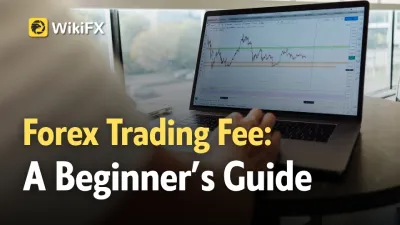
What Is Forex Trading Fee? A Beginner’s Guide
Understand forex broker fees and trading costs in detail. Explore fee comparisons, learn to reduce expenses, and maximize your profitability with practical forex trading tips.
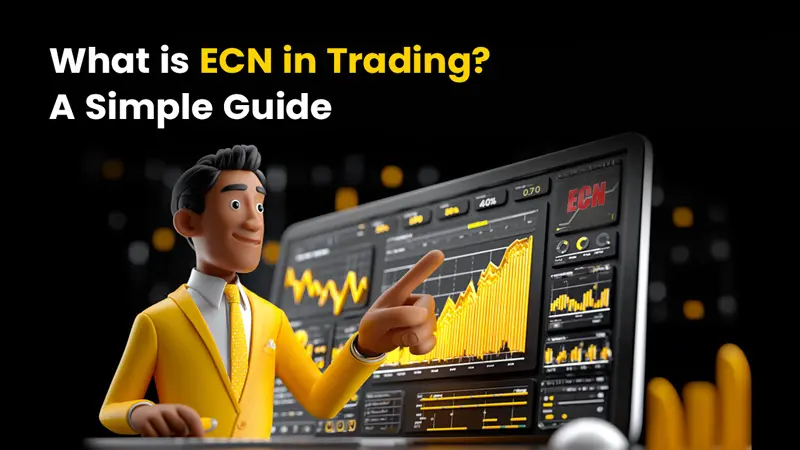
What is ECN in Trading? A Simple Guide
ECN stands for Electronic Communication Network. A technology-driven marketplace that directly connects buyers and sellers, including banks, hedge funds, brokers, and retail traders, allowing orders to be matched without the broker acting as the counterparty. In forex and CFD trading, ECN execution is prized for transparent pricing, raw spreads, and faster order matching.
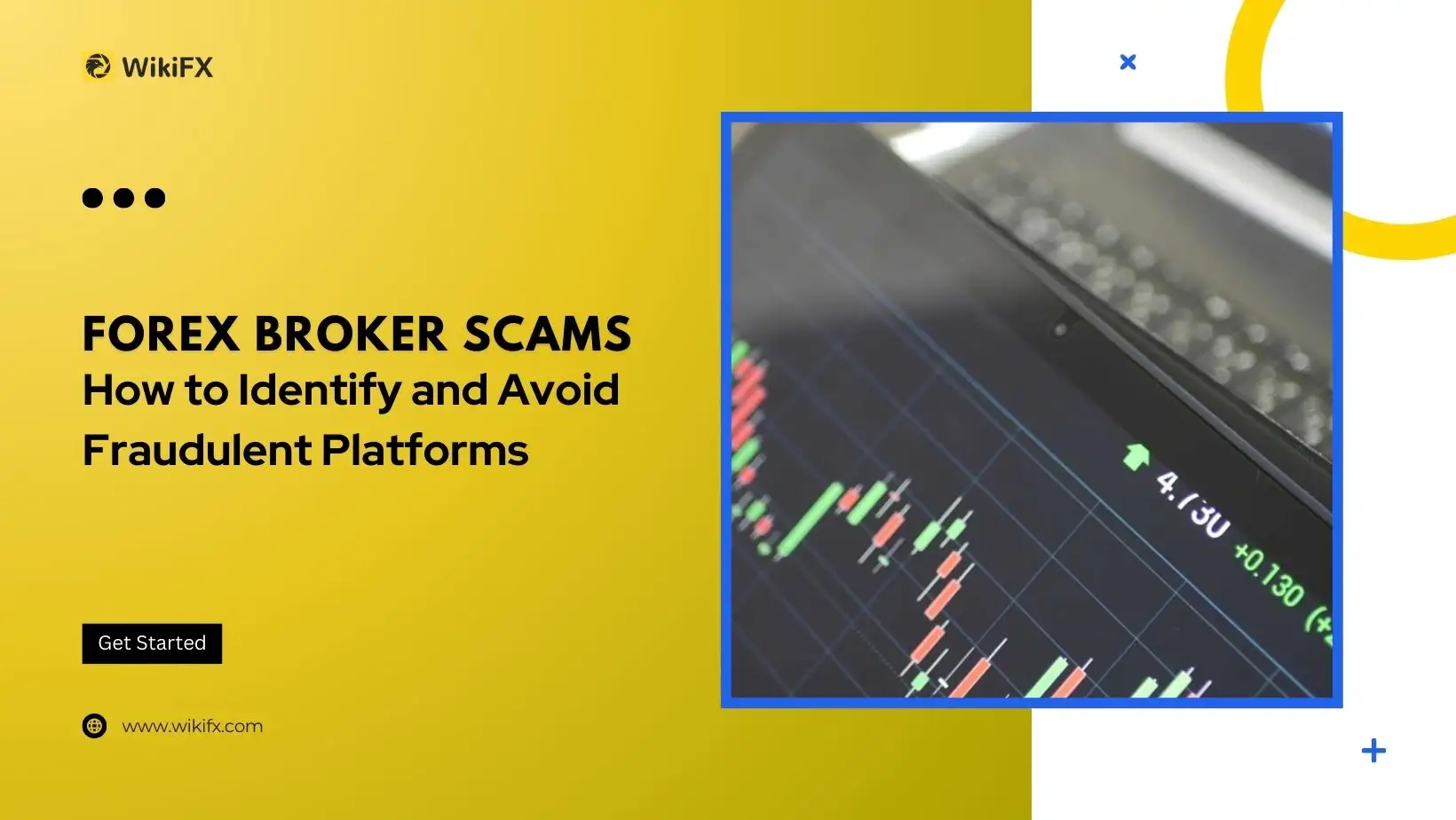
Forex Broker Scams: How to Identify and Avoid Fraudulent Platforms
Discover how a no spread forex broker works, its benefits and risks, and how to choose a regulated zero-spread trading platform safely.
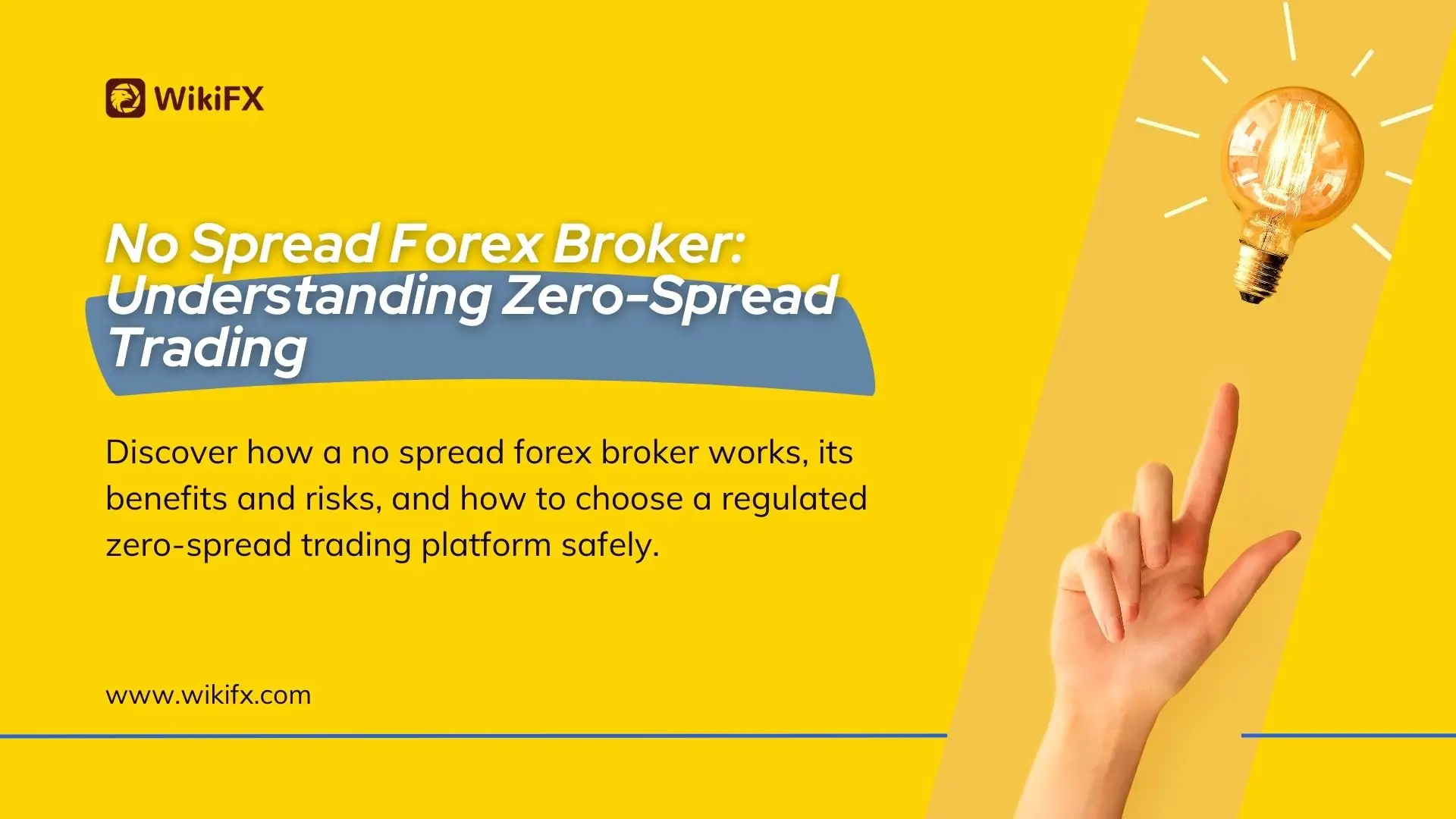
No Spread Forex Broker: Understanding Zero-Spread Trading
Discover how a no spread forex broker works, its benefits and risks, and how to choose a regulated zero-spread trading platform safely.
WikiFX Broker
Latest News
Join WikiFX’s Agent Growth Event | Turn Your Success into a Global Achievement
Forex Trends Explained for Your Successful Trading Experience
Do Kwon Faces 130-Year Prison Sentence After Guilty Plea in $40B Crypto Collapse
Best 5 Low-Spread FX Brokers in India 2025
Major Pairs in Forex: Top Traded Currency Insights
What is ECN in Trading? A Simple Guide
SEC Settles California Trader with Over $234,000 Spoofing Scheme
What Is Forex Trading Fee? A Beginner’s Guide
Understanding UAE’s Financial Market Regulation: SCA and DFSA
Scam Alert: Know the Risky Side of InstaForex in India
Currency Calculator


